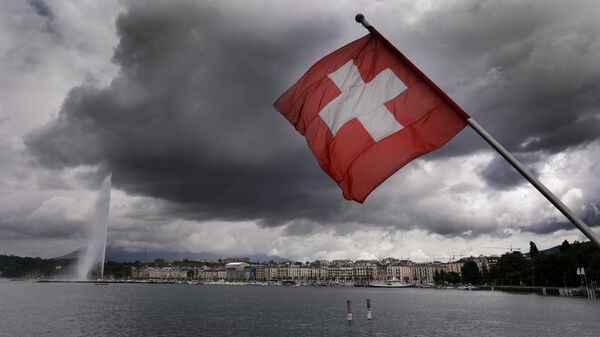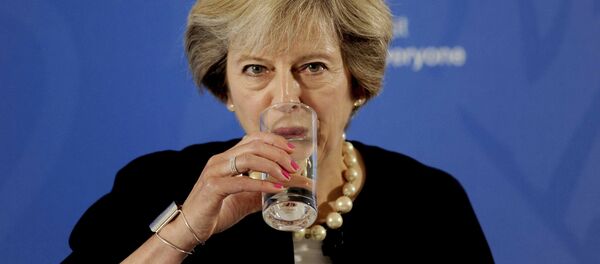In a referendum, February 2014, the Swiss narrowly decided to impose strict quotas on immigration from European Union countries. The issue is politically charged, because a quarter of the population of Switzerland are non-Swiss.
It is also significant in that Switzerland is not a member of the European Union, but has negotiated a special relationship that includes being a member of the single market. The 'Swiss model' is one of the options being considered for the UK, which voted in a referendum, June 23, 2016, to leave the EU.
The Brussels hierarchy are keen to send a message to London that it cannot 'cherry-pick' membership of the EU and immigration is the major issue of contention. It was the single most important issue voted on at the UK referendum and UK Prime Minister Theresa May is under pressure to negotiate a new relationship with the EU that maintains a trading relationship, without the shackles of the Brussels bureaucracy.
Hence the Swiss issue. Having gained a mandate from its citizens, the Swiss Government has attempted to reach compromises on its immigration issue: offering Swiss citizens first choice of jobs over migrant workers; setting a quota on immigration; or remove the deadline imposed by the 2014 for setting quotas.
If the Swiss Government backs down in the face of the EU refusing to allow and form of quota on immigration, it will be seen to have reneged on its referendum mandate.
Switzerland accept reality on #EU free movement principle.
— Yannis Koutsomitis (@YanniKouts) December 16, 2016
↓
No way around that for #Brexit Britain too. https://t.co/ypwemDX1Xj
Meanwhile, there is already a campaign underway to overturn the 2014 referendum, backed largely by those who support membership of the single market, which goes hand-in-hand with the free movement of people.
European Commission welcomes progress in relations between the European Union and Switzerland. https://t.co/RdaUEbypSn
— Switzerland News (@Switzerland) 22 December 2016
At the meeting, December 22, there was no outcome, with a statement from the Commission President Jean-Claude Juncker merely saying:
"2017 could be a milestone in the development of closer relations between the European Union and Switzerland, with a view to enhancing still further the vitality of our area of freedom – of all forms of freedom – to the benefit of all our citizens."
If Brussels backs down and allows a Swiss compromise, it will be quickly grasped upon by many in the UK, who would see it as a crack in the Brussels armour, allowing Britain to "take back control of its borders " — the mantra of the Leave campaigners — while still gaining access to the single market.



